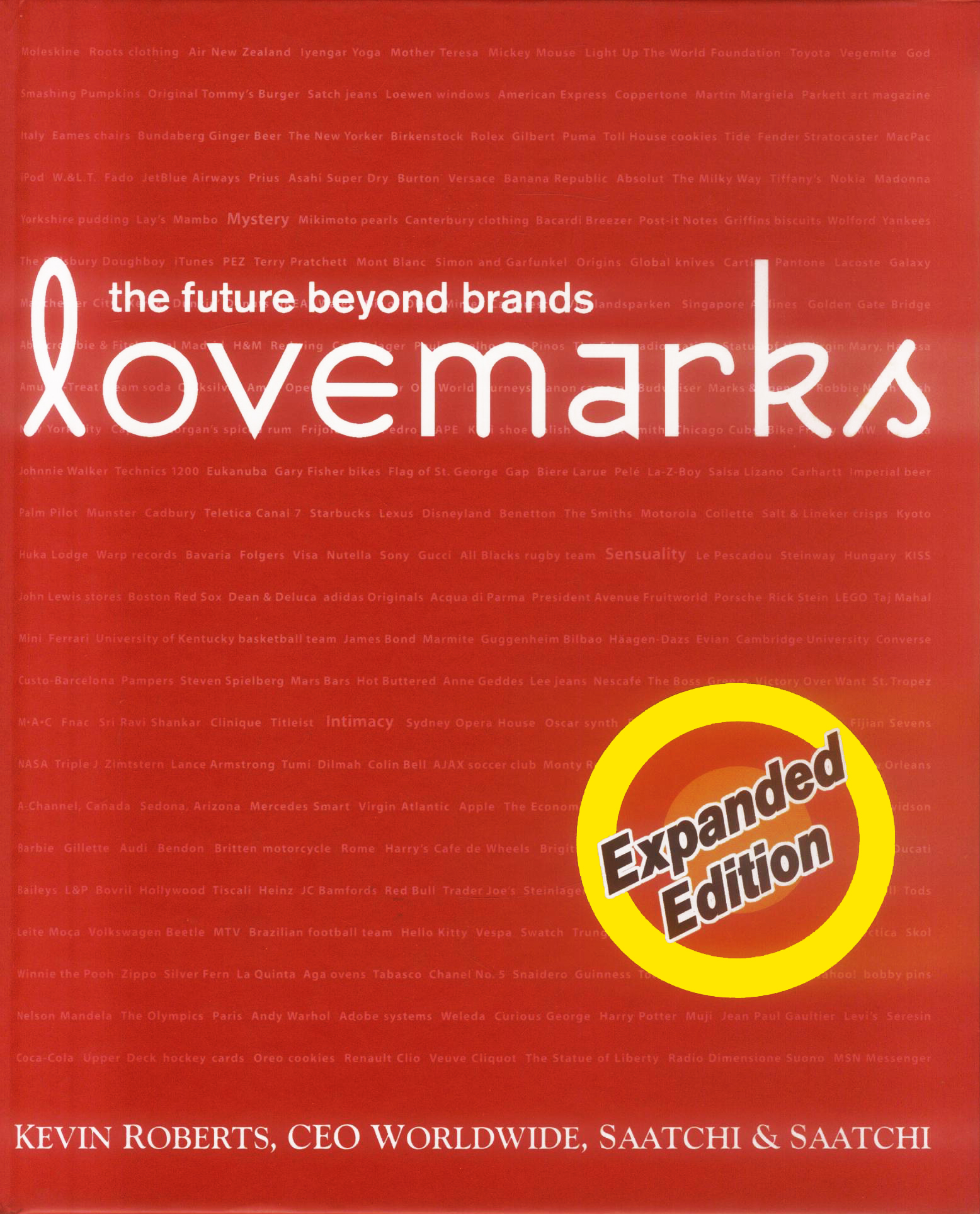Back in 2010, Teressa Iezzi, former editor of Advertising Age’s Creativity, and at Fast Company’s Co.Create, noticed something.
That in spite of the insipid nature of, as she writes “many, many blowhards”, the very foundations of advertising were changing so radically that it was hardly surprising, really, when Kevin Roberts stopped calling Saatchi & Saatchi an “advertising” agency. Or when a wunderkind of such top shelf shops as BBH, W+K and JWT like Ty Montague left the universe of hallowed initials to run a company that is, as he explains here and in his own book True Story (and in our exclusive interview), not about making ads.
Thus The Idea Writers – Iezzi’s frankly terrific exploration of what she had been identifying as trends among consumers and thus among the work – and thus among the people who made the work. Trends away from traditional ideas about what advertising was and was about and what it would be in the future. Trends that have only grown stronger today – which is why The Idea Writers is absolutely required reading by anyone in or around advertising.
To investigate, Iezzi went talked to big names like Lee Clow, Jeff Goodby, Ty Montague and David Droga, but also to people deeper in the trenches – people who were wrestling with the issues on a very personal level, like Adam Glickman or like Kyle Monson, who Iezzi quotes here at length:
I’m not entirely sure what advertising should be now. I watch lots of TV but almost no commercials, I read lots of magazines but I can’t remember a print ad I’ve seen lately… I don’t think I’ve ever clicked on a banner ad on purpose… I read several corporate blogs, I follow several brands on Twitter, I use Groupon and Yelp and Foursquare and I try to support and talk about companies that make great products. So brands have plenty of ways to reach me, and I’m more willing to be an advocate for brands that win me over. If the ad industry thinks I’m the future of media consumption (as I do), then we as an industry are going to have to do better about reaching people like me.
These are fundamental questions about the nature of advertising that Monson is raising. Questions, frankly, that advertising has not had to wrestle with for decades.
And that’s one of the things that makes The Idea Writers so fascinating. Because the more Iezzi writes about the revolution advertising is enduring, the more we find ourselves once again in a timeless agency battle; the one in which one older generation insists that another younger generation make advertising in a media that the older generation uses but that the younger generation has no familiarity with – because the older generation (Clow, Goodby, Montague, Droga and others of their rarified air excepted) knows how to make money off that older media – because their clients have been trained in that older media’s tropes and measurements.
Read the old memoirs of creatives who came of age during the 1950s and 60s, when TV was on the rise and print and radio were the bastions. Look at Ladies of the Avenue or From Those Wonderful Folks Who Brought You Pearl Harbor. Exactly the same fight – often expressed in exactly the same language. Undoubtedly if we could find memoirs from when radio captured the imagination of the world’s youth, we’d see the same thing.
That’s because agencies tend to look at the new not as the next, but as a threat to the now. And that’s true whether we’re talking about media or people. Too often agencies look at their own people as aliens, as not living in the universe they are advertising to. Clients do this too, insisting upon advertising for an outdated perception of a consumer life that they themselves are not living. Ignoring what an old boss of ours used to say, that “the proof is in the personnel.”
Does this mean that agencies should simply hire a bunch of teenagers and let them run amok? No, because advertising is, evidence to the contrary, a difficult business that requires skilled practitioners. And one of those skills is the ability to keep one’s ears and eyes open to the way people are actually engaging – with each other, brands, commerce, technology. Even as those things – and hundreds more – are changing daily.
But that’s also exactly why we agree with Iezzi that “this time period, right now, is as much of a heyday as the ad and marketing industry has ever seen and that it is potentially the most exciting time to be a creative person.”
And which is why we believe it’s absolutely essential you read this book.
The Idea Writers by Teressa Iezzi was published by Palgrave Macmillan on 12/07/2010– order it from Amazon here, or Barnes & Noble here, – or pick it up at your local bookseller (find one here).
Please be advised that The Agency Review is an Amazon Associate and as such earns a commission from qualifying purchases
You May Also Want to Read:





